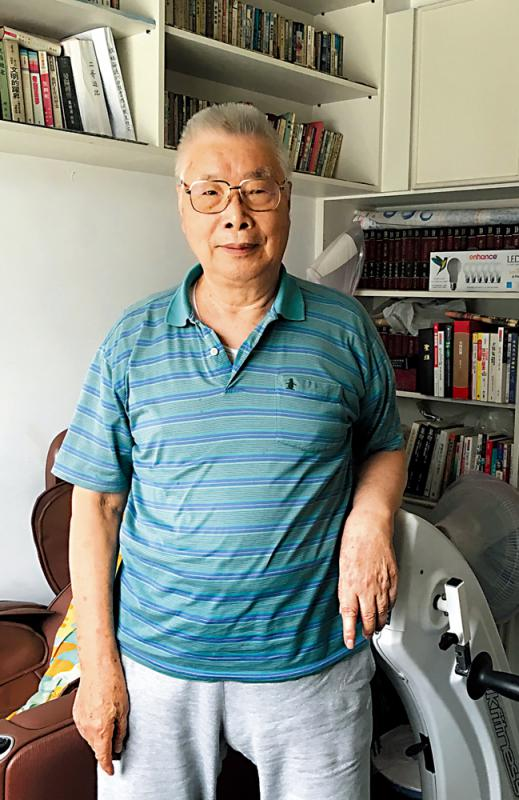A 93-year-old Resident of Taiwan, China, Cried over and Condemned the Atrocities Committed by the Invading Japanese Army:"The Hell on Earth! The Nanjing Massacre I Witnessed"
A few days ago, Da Honghui, a 93-year-old Taiwan resident of China, sent a video to Ta Kung Pao reporters, telling his humiliating experience of fleeing from home when he was seven years old. He wanted to speak out about the atrocities of the Japanese invaders while he was still alive.
Da Honghui was born in Jurong near Nanjing in August 1931. At the age of 7, he took refuge with his family in the depths of Maoshan Mountain, dozens of kilometers away from Jurong. The humiliations of his childhood were branded on his memory.
From August 13, 1937, the Chinese and Japanese armies fought harshly in Shanghai. On November 5, 1937, the Japanese Tenth Army landed in Hangzhou Bay, and on November 12, Shanghai fell. After the Japanese captured Shanghai, they attacked Nanjing in several ways, passing through Jurong on the Beijing-Hangzhou National Road. "My father led my third uncle, my eldest brother and second brother to flee west by highway. I was only seven years old, but I was determined to follow him." Da Honghui recalled that when he was young, he carried a long and thin cloth bag filled with fried rice. He sat on the three quilts fastened on the back frame of his uncle’s bicycle and entered the highway along the ridge path.
"Children were crying, the old and the weak groaning, young and middle-aged finding food in the wild, a miserable picture of human hell of exile." Da Honghui was listening to terrified adults at that time discussing lively where to escape.
Da Honghui said that he had lived under the occupation of the Japanese army for eight years from the age of 7 to the surrender of Japan at the age of 15, and the constant humiliation was engraved on his memory.
Da Honghui later worked as an apprentice in a grocery store and a photo studio. In 1949, at the age of 19, he was recommended to serve in the Second Artillery Station of the east end of Yuweng Island, a fortress of Magong in Penghu, Taiwan Province, China, and became a clerk staff sergeant. After three years of service, he was discharged due to night blindness. He worked as a general manager in a factory in Taipei, a primary school teacher, a civil servant, and then ran a factory until his retirement in 1981.
Da went to Japan five times to explore history after retirement. "The hurt inflicted by the invading Japanese army on the Chinese people was so deep and heavy that the words 'blood feud' could not describe." He said.


